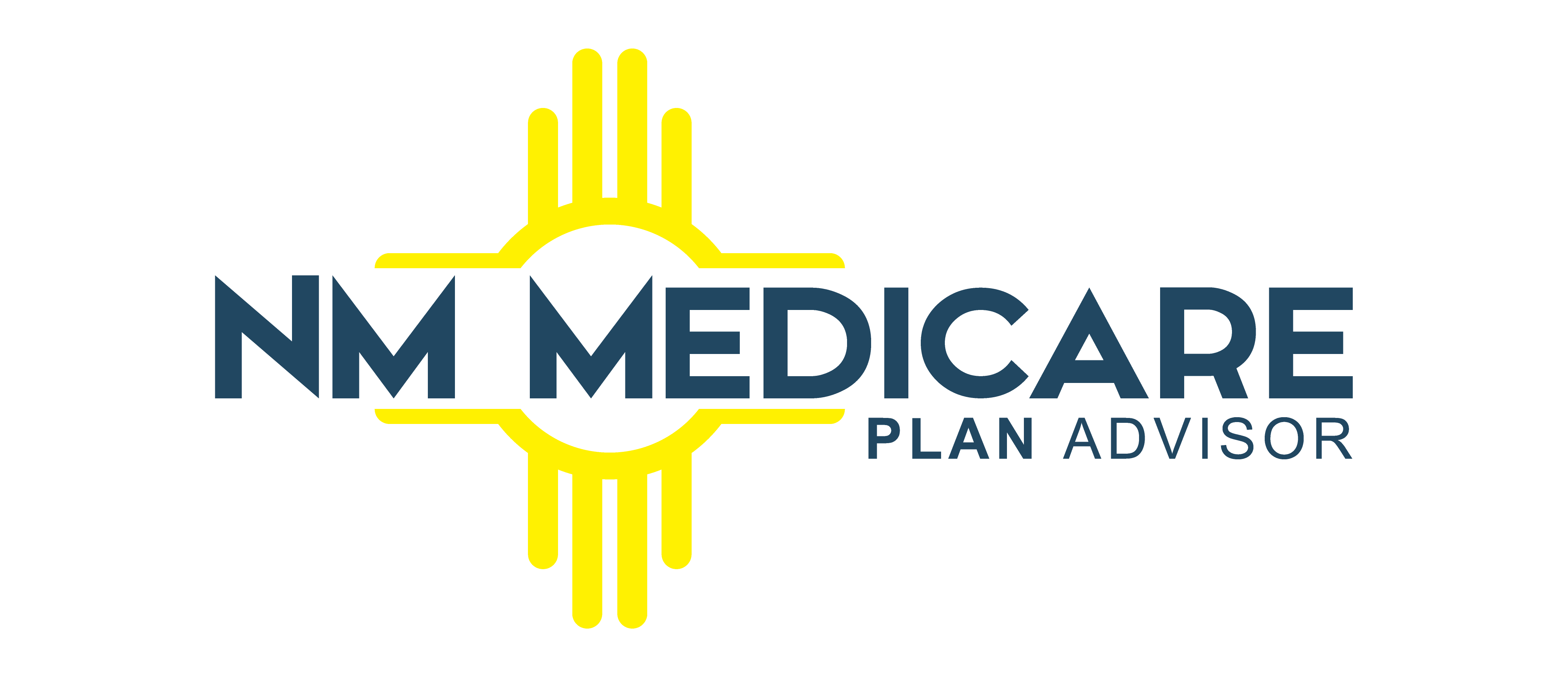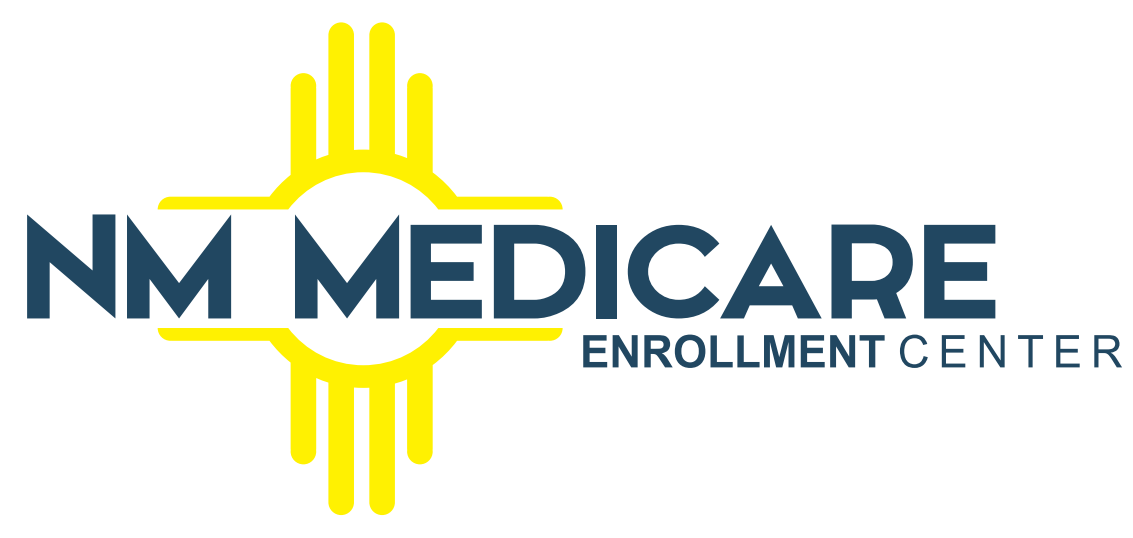Let’s be honest – none of us can control every aspect of our health. Accidents happen, sudden illnesses strike, and sometimes, even with our best efforts, our bodies surprise us. But, while we can’t predict everything, we can prepare. Taking smart steps to get ready for potential medical needs can save you a world of stress and worry, both for your physical well-being and your financial stability.
Why Should I Start Planning Now?
You might be thinking, “I’m young” or “I’m in great health – why worry?” Proactive planning offers benefits at all stages of life. If an unexpected issue does happen, being prepared means faster access to care, less financial strain, and better peace of mind. Think of it like an insurance policy for your health.
Understanding Health Insurance: The Basics
Let’s start with one of the most important tools in your medical preparedness kit – health insurance. Unfortunately, this is one area where many of us get confused. Here’s a breakdown:
- Types of Plans: There are a few common types of health insurance plans, such as HMOs, PPOs, and high-deductible plans. Each comes with its own tradeoffs in terms of costs, doctor networks, and coverage.
- Deductibles and Out-of-Pocket Maximums: These are terms you absolutely need to understand. Your deductible is the amount you pay out of pocket before your insurance starts covering costs. The out-of-pocket maximum is the absolute most you’d pay in a year.
- Get Familiar: Don’t choose a plan and forget about it! Review your coverage annually and compare it to your needs. A great time to do this is during open enrollment.
Medicare: Understanding Your Options
A major part of getting ready for medical needs, especially as you age, involves understanding Medicare. Here’s an overview:
- Eligibility: Generally, Medicare is for those 65 and older, people under 65 with certain disabilities, and anyone with End-Stage Renal Disease.
- Parts of Medicare
- Part A: Covers hospital stays and inpatient care.
- Part B: Covers doctor visits, outpatient care, and preventative services.
- Part D: Covers prescription drugs.
- Medicare Advantage (Part C): Combines A, B, and often D into plans offered by private insurers.
- Enrollment: Enrollment periods are specific, and missing deadlines could result in penalties.
Medicare and Your Existing Coverage
- Employer-Based Insurance: Check with your employer about how Medicare interacts with your current plan if you’re still working.
- Supplemental Insurance (Medigap): These plans help cover costs that Original Medicare (Part A and B) doesn’t.
Know Your Limits
Even the most comprehensive insurance plans have limits. Don’t get caught off-guard! Read the fine print to understand:
- Coverage Exclusions: Some procedures or medications might not be covered.
- Pre-existing Conditions: Understand how these may be handled by your plan.
- Lifetime Maximums: Some plans cap the total they’ll pay out throughout your enrollment.
Assembling Your Medical Dream Team
Do you already have doctors you trust? If not, it’s time to find them! Waiting until you’re sick isn’t ideal.
- Primary Care Physician (PCP): Your go-to person for routine care, preventative checkups, and managing ongoing conditions. Build a relationship with your PCP before urgent needs arise.
- Specialists: Think about your specific health needs. Do you need a dermatologist, allergist, or other specialist? Ask your PCP for referrals.
Building a Medical Emergency Fund
Unexpected medical costs can be significant. Even with insurance, you could face copays, surprise out-of-network charges, or expenses your plan doesn’t cover. A dedicated emergency fund helps immensely.
- Start Small, Stay Consistent: You don’t have to start with a huge amount. Just set aside something every paycheck. Even small, regular additions grow over time.
- Automate It: The best way to save is by automating the process. Set up an automatic transfer from your checking to your dedicated health savings account.
Your Medical History at Your Fingertips
When dealing with a medical situation, clear communication is essential. That’s hard to do if you don’t have a good handle on your health history.
- Gather the Documents: Collect medical records, immunization history, a list of past surgeries, and a list of current medications with dosages.
- Organize: There are apps and online tools designed for storing medical information. Or, if you prefer, use a dedicated binder or digital folder.
- Make It Accessible: Share the location of this information with your emergency contacts.

Conclusion
Preparing for potential medical needs is a crucial step towards ensuring both your physical well-being and financial stability. While we can’t predict every health issue, being proactive can provide faster access to care, reduce financial strain, and offer peace of mind.
Understanding health insurance, especially Medicare, is key. Knowing the basics of each plan type, enrollment periods, and coverage limits can help you make informed decisions. It’s also important to assemble a medical team you trust and build an emergency fund for unexpected costs.
At NM Medicare Enrollment Center, we can help you find a plan that suits your needs. We are available to answer any questions you may have. Don’t wait until you’re in need of care – start planning today for a healthier tomorrow.



